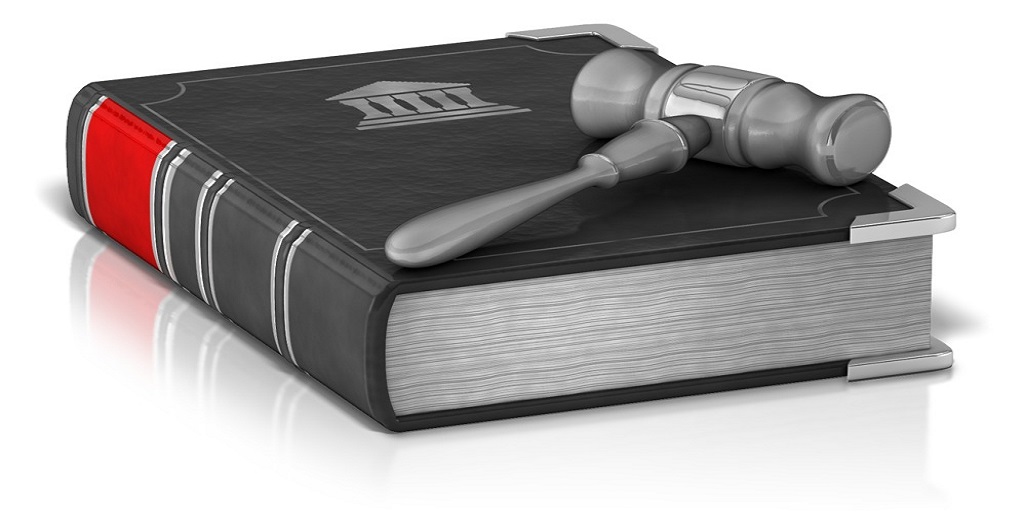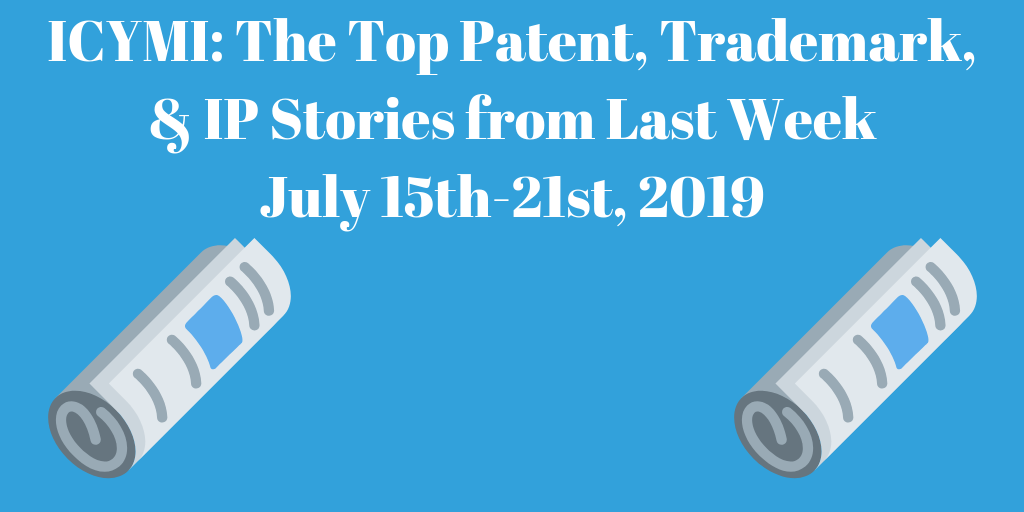Facebook Infringed Leader Patent
Even though a jury ruled that the software that runs the famous Facebook site infringed on the 
I think the issues in this case are relevant for all inventors. Inventors should be aware that disclosure of their invention prior to filing a patent application could invalidate the patent after it is allowed.
If you are an inventor and you have an idea and you want to “get it out there” into the market, you better file a patent application less than one year after you offer it for sale, publish it anywhere or use it in public.
On November 19, 2008, Leader filed a patent infringement suit against Facebook alleging infringement of United States Patent No. 7,139,761 (Leader Technologies, Inc. v. Facebook, Inc., (D.Del. 2008). Fed. Cir. Case No. 2011-1366). On July 28, 2010, the jury rendered a verdict that Facebook infringed all of the asserted patent claims and that the claims were neither anticipated nor obvious in light of the prior art. But the jury also ruled that even though Facebook directly and literally infringed on the patent…the patent was invalid because of 102(b) disclosures.
A patent is invalid under 35 U.S.C. § 102(b) if the patentee publicly used or offered for sale a product that embodied the patented invention more than one year before filing the patent application.
The jury found the patent invalid on the theory that Leader had publicly used the patented invention and offered it for sale more than one year before filing the patent application.
Leader Technologies is an innovative software company based in Columbus, Ohio. Chairman and founder Michael McKibben created Leader in 1997 with the goal of using “the internet as a platform for doing large scale communications and collaboration.”
At that time, the internet was in its infancy, with the number of users measured in the mere millions. Leader recognized the untapped potential of the internet-“an unclaimed market space”-and moved to enter that marketplace.
Leader won the part of the trial that most people would think would be the most important: Leader won on “literal infringement” of 11 of 11 patent claims and no published prior art regarding Leader’s U.S. Patent No. 7,139,761 (PDF).
In other words, the engine running Facebook is Leader’s invention. But Facebook won because of a statutory bar called “on sale bar and public disclosure.”
The case is now on appeal to the Federal Circuit Court of Appeals in Washington, D.C. The appeal briefs have been filed and a date for oral argument is going to be set. The Leader brief (PDF) argues that Facebook had no evidence of sale/public disclosure and confused the jury with court room theatrics. The Facebook brief argues their evidence was “substantial.”
It is pretty unbelievable that this case has not gotten more publicity.
The case raises many questions:
- Could Mark Zuckerberg have invented Facebook in “one or two weeks” while studying for finals?
- Is it just a coincidence that Leader inventor’s son Max was in the dorm next to Zuck?
- Could Zuckerberg have hacked into the inventor’s son’s Harvard email account that described McKibben’s invention which Zuck just mimicked and launched a month later?
- Is there evidence that Facebook had to wait until the Leader patent published in the summer of 2004 to add the “groups functionality” in Facebook because they couldn’t figure out how to do it without the patent?
But none of the questions of who invented really matter now because of the statutory bar. Perhaps Leader can overturn the jury’s decision. The blog “Origin of Facebook’s Technology?” breaks down the appeal briefs and points out all the weaknesses in the Facebook arguments. Perhaps the blog is a little one-sided, I wonder what the agenda is? But who knows what’s going happen in this case.
The lesson every inventor should take away from this case is: file your patent application as soon as possible.
CBS-TV (KPIX) San Francisco’s Julie Watts interview with Leader’s Michael McKibben is embedded below. And at about 1:07 the “Facebook Infringed Leader Patent” LoTempio Law blog post is on the screen.





December 22, 2011 @ 4:00 pm
I have followed this case and that blog too. Try as I might to poke holes in the blog, their links to the underlying ACTUAL COURT DOCUMENTS bear out the one-sidededness — Facebook presented smoke and mirrors. That’s what I most dislike about jury trials on 102(B). The overlapping concepts of “public disclosure” and “on sale bar” are just too confusing for a lay jury to grasp in the span of a few days of deliberation and such a wide range of patent laws. If I had no evidence, I’d hide in that jury confusion just like Facebook apparently did.
I have a friend who was on a jury focus group for Facebook. He told me that Facebook focused on innuendo using deposition video snippets of the inventor. We all know such smoke and mirrors sometimes works. I stopped doing that years ago because it usually backfires on appeal.
December 22, 2011 @ 4:42 pm
I was on a patent infringement jury and can attest to the utter frustration of sorting out the infringer’s “word chase” through the inventor’s documents for any words like “offer” and “sale” and “deal.” The largely blue-collar jurors (with little to no experience with the broad way business-people use terms like “deal”) got lost in the “selling” lingo. I found myself having to say repeatedly “Guys, when a businessperson says ‘deal’ it doesn’t necessarily mean they are offering something for sale.” I might as well have been speaking to the wall. They didn’t get it. To them, such language is tantamount to an offer for sale. In our case, the inventor would often use “deal” when describing prospective future business once his invention was perfected — more like an agreement to agree if things happen like we’d like and the invention is actually perfected. That isn’t on sale bar, and there was no proof the invention was present in our case either. The parties settled during jury deliberations, so it did not go to appeal.